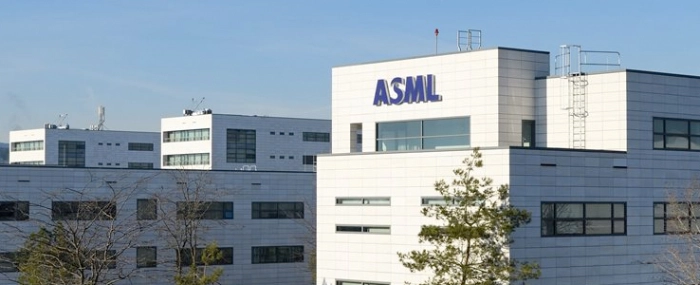
China ‘dissatisfied’ with Dutch controls on ASML chipmaking tools
The Netherlands announced it would require export licenses for ASML’s Twinscan NXT:1970i and 1980i systems. These tools are designed for processing wafers with 7nm-class technologies.
China is “dissatisfied” with the Netherlands’ decision to expand export controls on ASML chipmaking equipment.
The Dutch government on Friday said it would expand export licensing requirements for ASML’s Deep Ultraviolet immersion lithography equipment, aligning its rules with export restrictions on these tools imposed by the US in 2023.
Netherlands-based ASML makes some of the world’s most advanced chipmaking equipment. ASML’s deep ultraviolet lithography (DUV) machines are critical to the growth of higher-end chips.
“In recent years, in order to maintain its global hegemony, the United States has continued to ... coerce certain countries to tighten export control measures for semiconductors and (related) equipment ... China is resolutely opposed to this,” China’s commerce ministry said.
The ministry added that the Netherlands should not abuse export controls, avoid measures that hurt Sino-Dutch chip cooperation, and safeguard the “common interests” of Chinese and Dutch companies, according to a report by Reuters.
The Netherlands announced it would require export licenses for ASML’s Twinscan NXT:1970i and 1980i systems. Though not the latest in the DUV range, these tools are designed for processing wafers with 7nm-class technologies and potentially even finer ones using a multi-patterning technique.
Since these tools use technology developed in the US, ASML needs an export license to ship them to China.
The US has been pressurizing allies like the Netherlands and Japan to prevent China from accessing advanced chipmaking tools.
But the US pressure is facing some resistance.
ASML’s CEO Christophe Fouquet said last week that the US-led campaign to restrict the company’s exports to customers in China in the name of national security has become more “economically motivated” over time.
“I think to make the case that this is about national security is getting harder and harder,” Fouquet said. “Most probably there will be more pressure for restrictions, but I also think there will be more push-back and I think we have to hope we reach a certain equilibrium because as a business what we all want is a bit of clarity, a bit of stability.”


